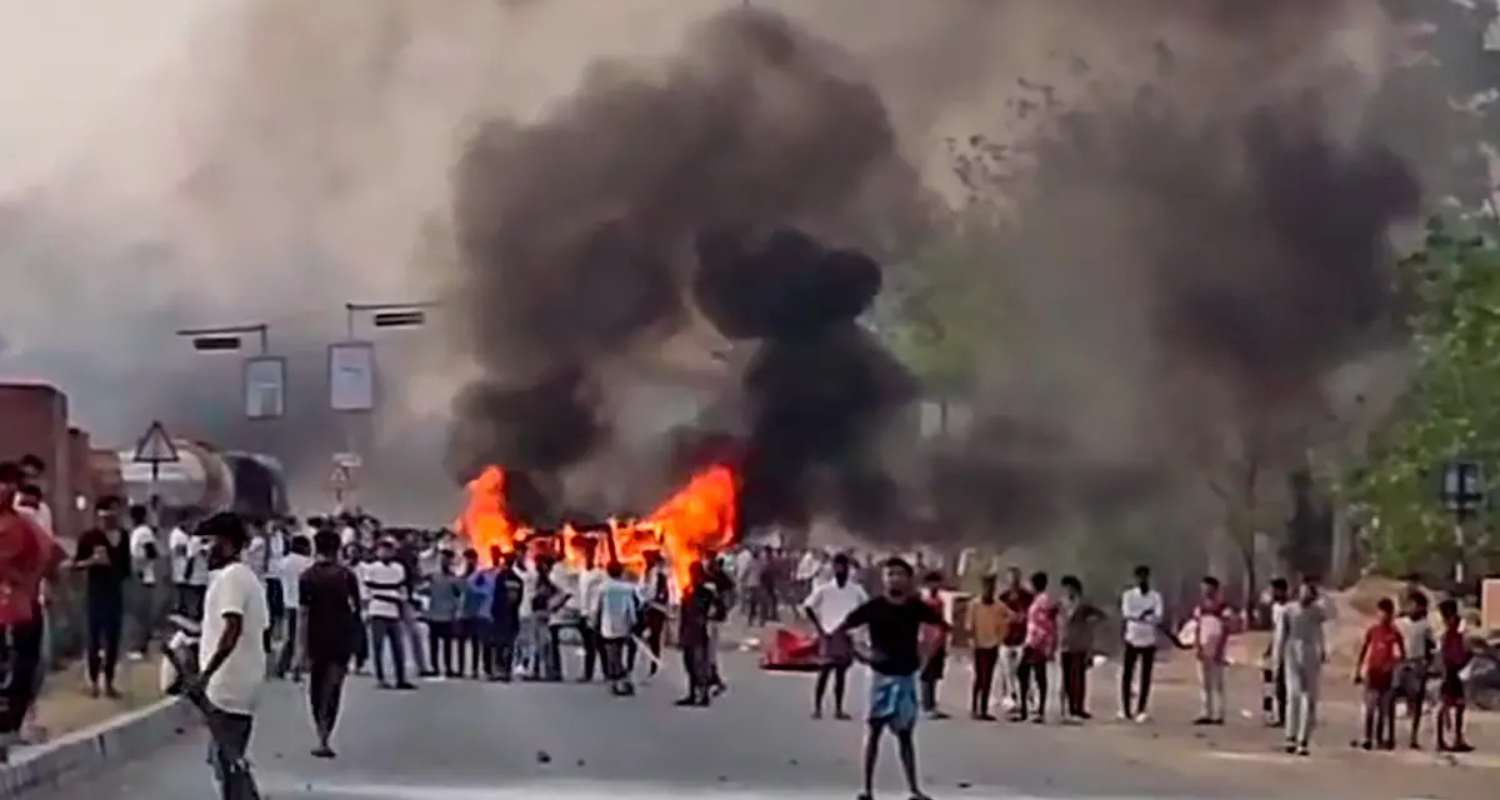West Bengal Chief Minister Mamata Banerjee is set to visit Murshidabad in the first week of May, following weeks of turmoil triggered by protests over the amended Waqf Act. Her announcement comes amid mounting tensions and political challenges in the violence-hit district.
The unrest, which escalated into violent clashes in regions such as Shamsherganj, Suti, and Jangipur, has claimed at least three lives and displaced hundreds. The situation drew sharp political attention, prompting a comprehensive response from the state government.
Speaking at a public rally in Midnapore on Tuesday, Mamata Banerjee detailed the state’s relief and rehabilitation plans for victims of the violence. She announced that the government would bear the full educational expenses of children who lost their parents in the clashes. Additionally, financial aid would be extended to families whose homes or businesses were destroyed.
"For the families who lost loved ones, we will provide a compensation of ₹10 lakh each," she declared. "Those who lost their homes will receive new housing under the state’s 'Banglar Bari' scheme."

The Chief Minister further said that a detailed survey was currently underway to assess the damage caused by the unrest. “The government will ensure that every affected family receives proper support,” she added. Banerjee also hinted at a larger conspiracy behind the unrest, stating that “outsiders, along with some local elements,” were responsible for inciting the violence. "We will uncover the full conspiracy behind this and expose those involved," she said, reiterating her government’s intent to hold the perpetrators accountable.
During her upcoming visit to Murshidabad, Mamata plans to personally assess the implementation of relief measures and speak with affected families to understand their concerns. She underscored the importance of restoring normalcy and rebuilding public trust in the administration.
Earlier, she had appealed to Governor C.V. Ananda Bose to postpone his own visit to Murshidabad, emphasizing that her delay was meant to allow the administration to stabilise the area. “I could have gone immediately,” she had said days ago, “but I felt it was more appropriate to let the officials work without disruption to bring the situation under control.”
Also read: Bengal: Woman’s body found in trolley bag
Meanwhile, in a parallel development, the Supreme Court on Tuesday did not take up a petition seeking the imposition of President’s Rule in West Bengal. The plea, filed by state residents Devdutta Maji and Mani Munjal, alleged targeted attacks on Hindus during the protests over the amended Waqf Act. Their counsel, Advocate Vishnu Shankar Jain, urged that the matter be heard alongside similar petitions related to the post-election violence in West Bengal in 2021, which also call for the imposition of President’s Rule.
Though the situation in Murshidabad and neighbouring districts has begun to stabilise with police and central forces deployed on the ground, the tensions sparked by the Waqf Act continue to simmer beneath the surface. Mamata’s scheduled visit is being seen as a crucial step toward calming the atmosphere and reinforcing the government’s commitment to supporting affected citizens.
Before heading to Murshidabad, Mamata is expected to inaugurate the Jagannath temple in Digha later this month. She expressed confidence that the measures being undertaken by her administration would restore peace and stability in the region.
Also Read: Murshidabad violence: Govt to probe delay in police action


